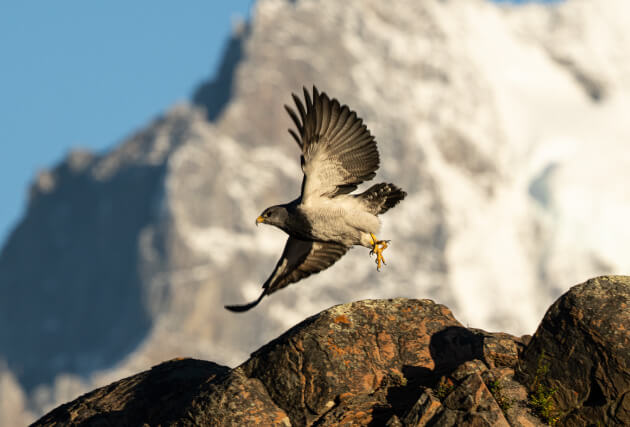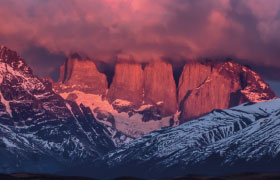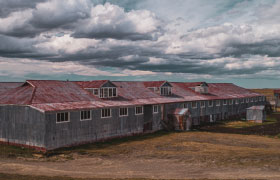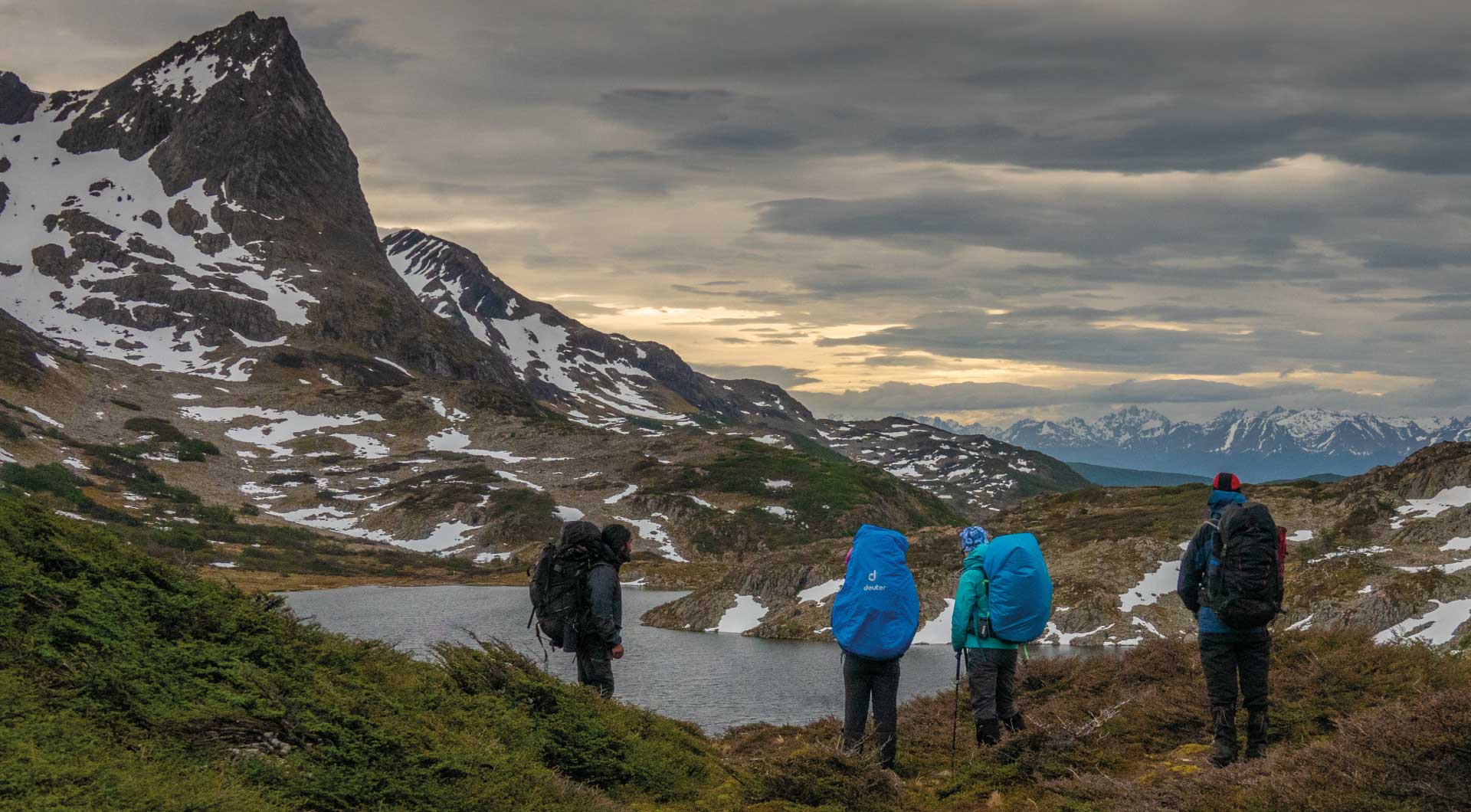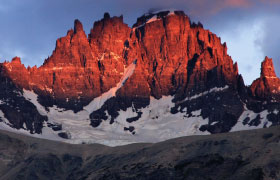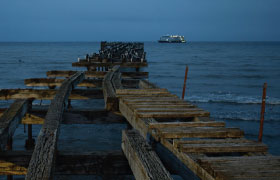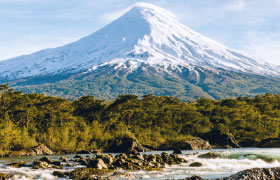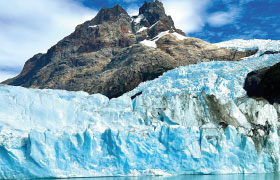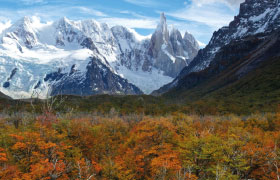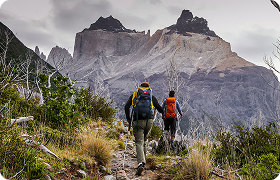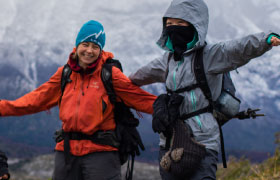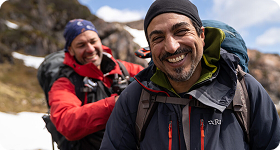Home
Destinations

Chilean Patagonia
 Argentine Patagonia
Argentine Patagonia

Choose your trip

Personalized trip
Activities
 Types of trips
Types of trips
 Per month
Per month
 Featured tour
Featured tour

Why us

error 404
We are sorry, it seems the page you are looking for is not available
Don’t worry, you can return to the beginning or continue exploring adventures with us.
